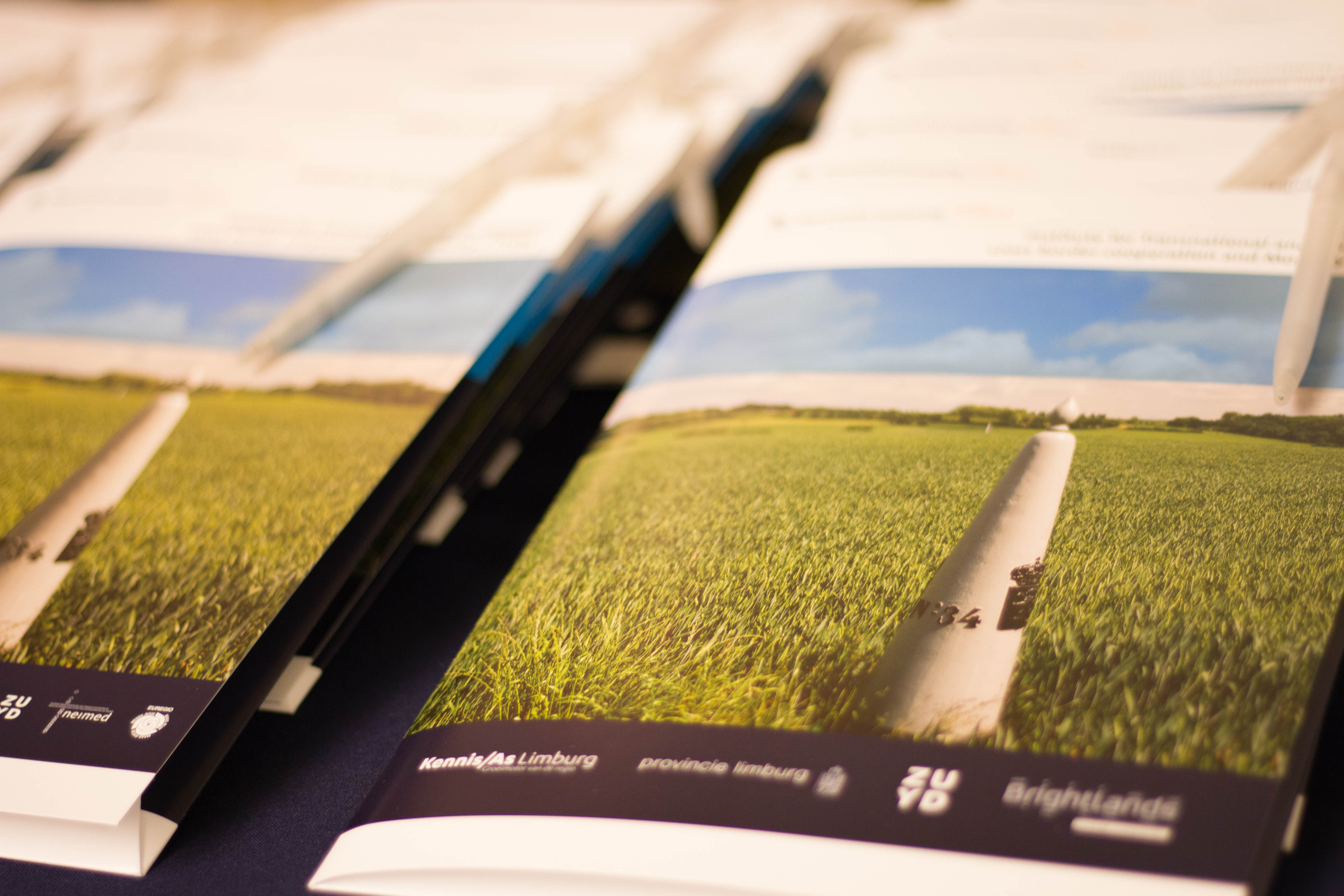ITEM’s prospective study on understanding the decision of international migrants to stay in or leave the Euregio Meuse-Rhine (EMR), which officially starts in 2017, is being prepared.

Researchers of the Institute for Transnational and Euregional cross border cooperation and mobility / ITEM Prof. Dr. Melissa Siegel and Julia Reinold kicked off the preparatory work for ITEM’s prospective PhD research project with the title “Understanding the decision of international migrants to stay in or leave the Euroregion” starting in 2017. The project aims to get a better understanding of why highly-skilled international migrants decide to move to the Euregio Meuse-Rhine, why they stay, or why they leave the region. It focuses particularly on perceived advantages or disadvantages of living in a border region and on identifying remaining border barriers. In order to do so, a survey among international migrants will be implemented.
This region deals with negative population developments which could be countered by the attraction and retainment of highly skilled international migrants. This could furthermore help foster economic growth and increase the region’s competitiveness. The outcomes of the project will enable policy-makers in the region to employ policies to better attract and retain highly-skilled international migrants in the region, which is considered important for the regional development.
The ITEM research could also inform policy makers who are implementing several strategies for the region to become more international and integrate the euregional labour market, such as the current strategy of the Euregio Meuse-Rhine, EMR2020, and Limburg’s coalitieakkoord 2015-2019.
Prof. Dr. Melissa Siegel and Julia Reinold welcome the input of stakeholders working on the internationalisation and integration of the EMR and its sub-regions to guarantee that the study covers pressing issues and answers as many relevant questions regarding the lives of internationals in the EMR as possible.
Melissa Siegel, supervisor of the prospective ITEM PhD project “Understanding the decision of international migrants to stay or leave the Euroregion” is a Professor of Migration Studies and Head of Migration Studies at the Maastricht Graduate School of Governance and UNU-MERIT where she manages several migration research projects, coordinates the Migration Studies Specialisation as part of the Master’s Programme in Public Policy and Human Development and heads the Migration Management Diploma Programme. She also heads the Migration and Development research team of the Maastricht Center for Citizenship, Migration and Development (MACIMIDE). Currently, she holds the Chair of the UNU Migration Network and positions as a Research Associate at the Center on Migration, Policy and Society (COMPAS) and an Associated Researcher at the International Migration Institute (IMI) at the University of Oxford. She is also on the board of the Hague Process on Refugees and Migration. She has done visiting research fellowships at Harvard University, the Kiel Institute for the World Economy and the University of Oxford. She has advised, worked on or headed projects for the Dutch Government, Swiss Development Cooperation, German Development Cooperation, the IOM, UNHCR, ILO, UNDP, ICMPD, World Bank, OECD and others. She is also regularly involved in migration-related trainings for governments and international organisations (i.e. UNICEF, UNRWA, EIPA, Dutch Government, Iranian Government, Turkish Government) and teaching at the Bachelors, Masters, and PhD level as well as teaching in the United States, Malaysia, Mozambique, Afghanistan, Georgia, Azerbaijan and Suriname. She has also given advice to the United Nations and European Commission on migration issues. Her main research interest lies in the causes and consequences of migration with a strong emphasis on the linkages between migration and development.
Julia Reinold (MSc) currently works as an education and research officer for the Migration and Development Research Group at the Maastricht Graduate School of Governance/ UNU-MERIT. She specializes in research of migration and cross-border regions using both qualitative and quantitative methods. In addition, she contributes to research projects commissioned by institutions of the European Union, international organisations (UNDP, ICMPD, ILO) and development institutions (GIZ, SDC) regularly. Julia finished both her Bachelor degree in European Studies and her Master degree in Public Policy and Human Development with a specialization in Regional Integration and Multi-Level Governance at Maastricht University (Thesis: “Competition for Talent: Retaining Graduates in the Euregio Meuse-Rhine”).